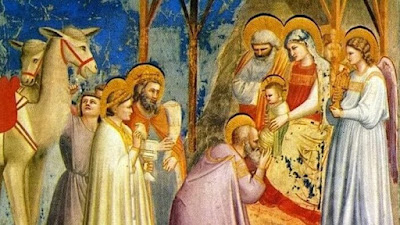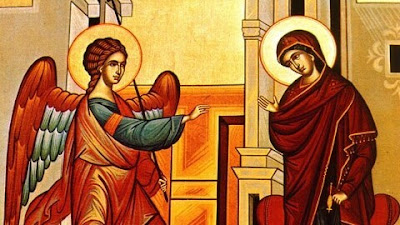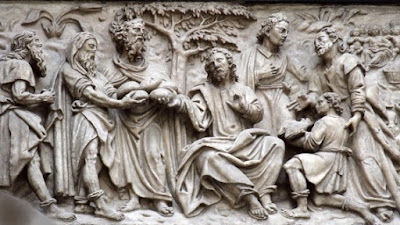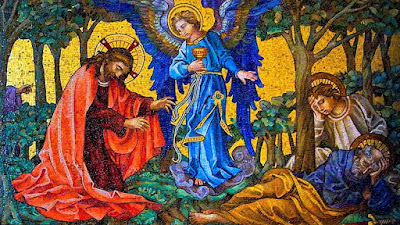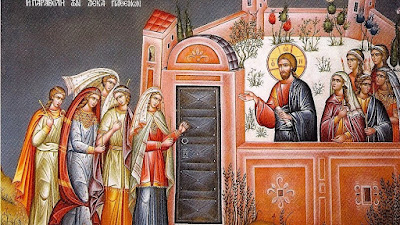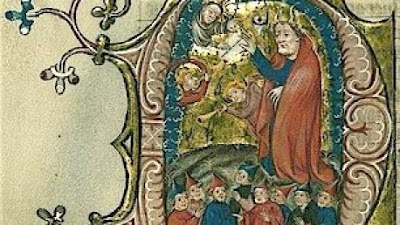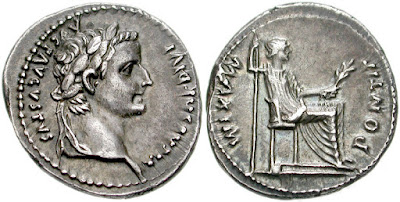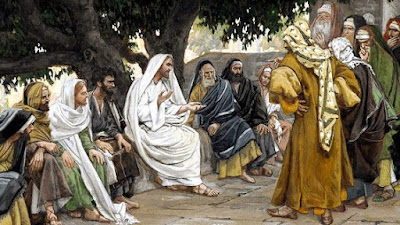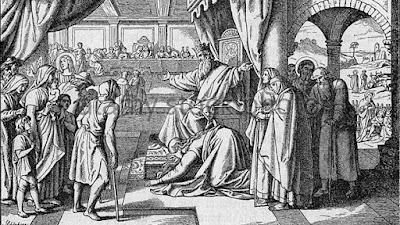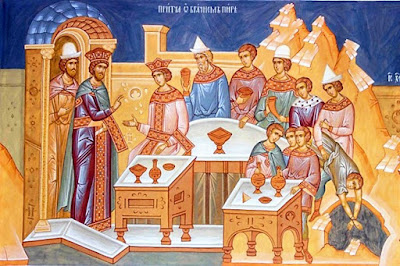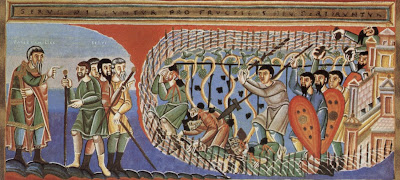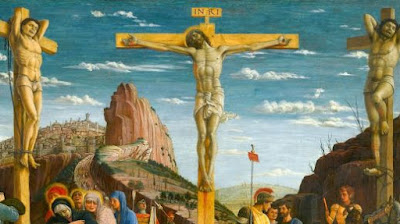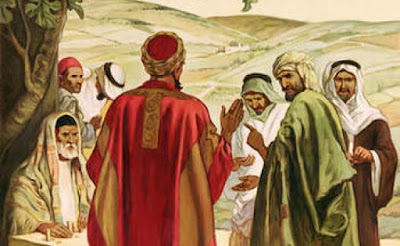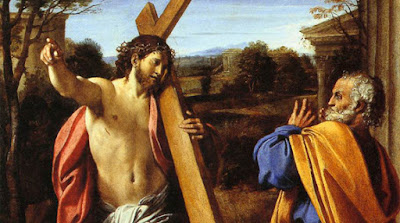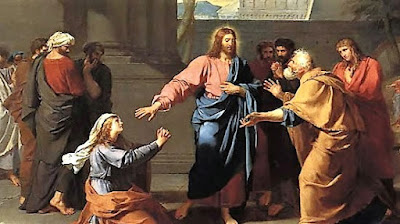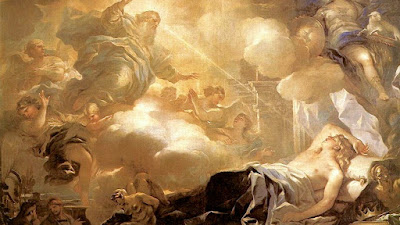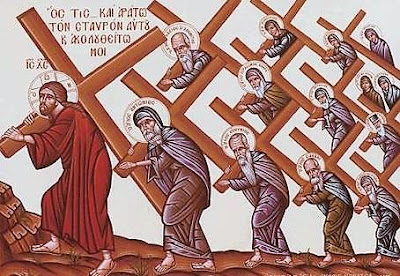Urgent Message: A Reflection on the 3rd Sunday in Ordinary Time, Year B

Fr. René J. Butler, M.S. La Salette Missionaries of North America (Jonah 3:1-10; 1 Corinthians 7:29-31; Mark 1-14-20) Over the centuries, well over a hundred dates have been predicted for the end of the world, by an interesting variety of persons: St. Martin of Tours, Pope Sylvester II, the artist Sandro Botticelli, Martin Luther, Christopher Columbus, and a host of other famous or unknown prognosticators. Not one of those prophecies has been fulfilled. The most recent date predicted was just four months ago! Jonah enters into that category. He was a true prophet, sent by God, to proclaim to the Ninevites that their time was up. But in Chapter 4 of the Book of Jonah, the prophet blames God for sending him on a fool’s errand. He knew all along, he claims, that he would fail and God would relent of the punishment he had threatened. St. Paul writes that time is running out. Mary at La Salette says: “If my people refuse to submit, I will be forced to let go the arm of my Son. It
